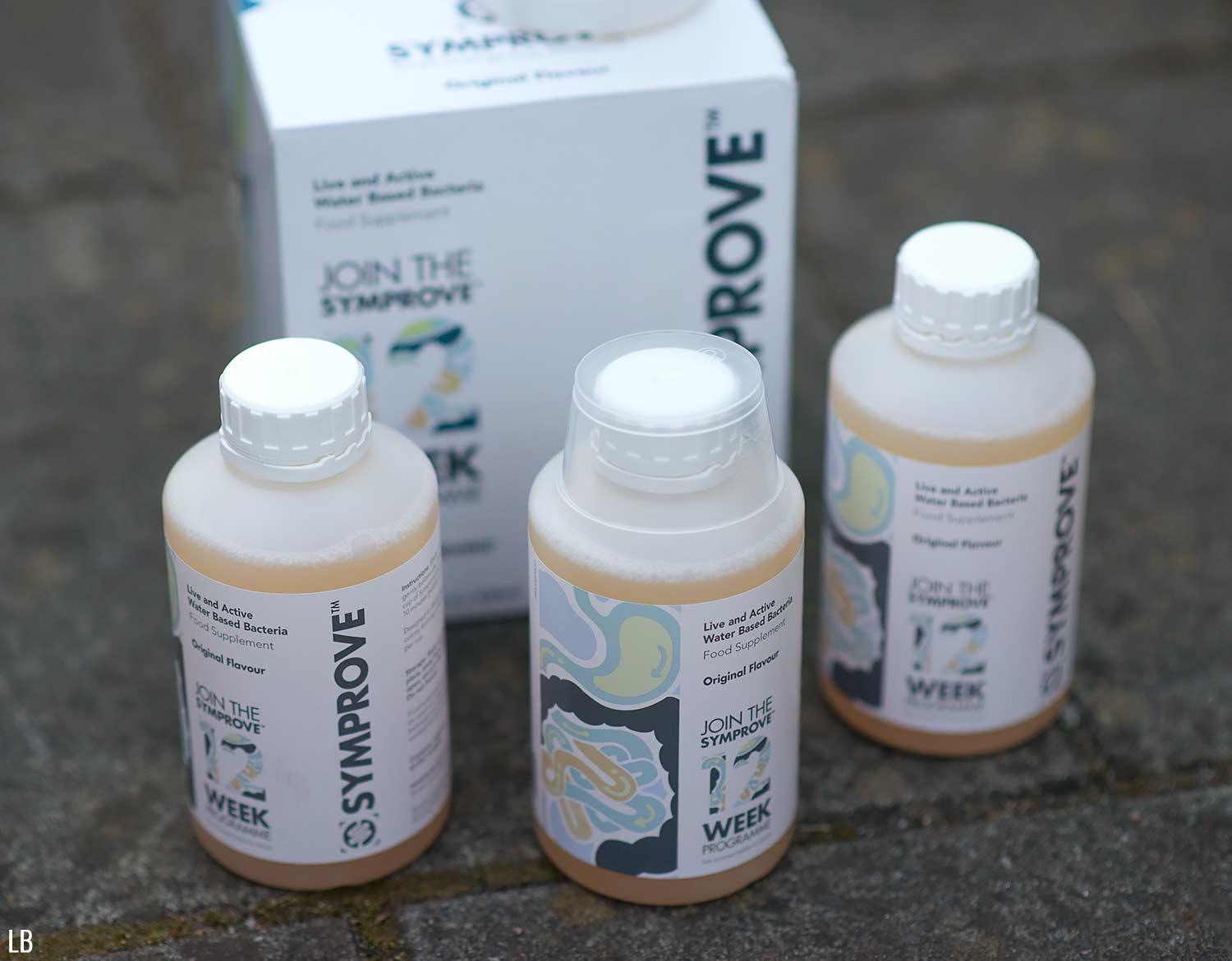
Can Probiotics Reduce Oxidative Stress?
Oxidative stress occurs when there is an imbalance between free radicals and antioxidants in your body, leading to cell and tissue damage. This imbalance has been linked to a number of health issues, including inflammation, aging, and chronic conditions like heart disease. Recently though, probiotics have gained attention for their potential to influence oxidative stress.
By promoting a healthy gut microbiome, probiotics may support your body’s ability to neutralise free radicals. This means that probiotics aren’t just for digestive health! I regularly take them every single day and have done for years, to try to help my gut health, and you can even get more targeted options for specific issues and genders, like probiotics for brain function, probiotics for women, for joint health etc. and these can be helpful for their broader impact on conditions like oxidative stress.
What Is Oxidative Stress?
Oxidative stress refers to the damage caused by free radicals, which are unstable molecules that can harm your cells, proteins, and DNA. These molecules are produced naturally during metabolic processes but can also be triggered by factors like pollution, poor diet, and stress.
Antioxidants, which are found in many foods like fruits and vegetables, can help your body neutralise free radicals. However, when free radicals overwhelm the body’s antioxidant defenses, oxidative stress occurs, which can contribute to chronic inflammation, accelerate aging, and increase your risk of diseases like diabetes.
What Is the Role of Gut Health in Oxidative Stress?
Your gut microbiome helps regulate your body’s immune responses and antioxidant defenses. A healthy gut microbiota helps produce beneficial compounds, such as short-chain fatty acids (SCFAs), which boast anti-inflammatory and antioxidant properties. These compounds can reduce oxidative stress by modulating immune function and decreasing the production of free radicals.
On the other hand, an imbalance in gut bacteria, known as dysbiosis, can promote chronic inflammation and increased oxidative damage. This imbalance can lead to a weakened immune system and a greater susceptibility to oxidative stress-related health issues.
Research suggests that a healthy gut microbiome may be key to reducing the adverse effects of oxidative stress. By supporting the growth of beneficial gut bacteria, probiotics may help restore this balance and offer a natural approach to reducing inflammation and oxidative damage. I will be covering more on gut health and inflammation in another blog post, as it’s something that I’m dealing with myself.
How Do Probiotics Work?
Probiotics are live microorganisms that can provide potential health benefits when consumed in adequate amounts. These beneficial bacteria can help balance gut microbiota, which, in turn, can support digestive health and overall well-being.
Probiotics influence oxidative stress in a few ways. They produce SCFAs such as butyrate, which have anti-inflammatory and antioxidant effects. SCFAs can also help reduce oxidative damage by promoting healthy gut cells and strengthening the gut barrier, preventing harmful substances from entering the bloodstream.
Additionally, probiotics can help regulate the immune system by encouraging the growth of beneficial bacteria, which help suppress inflammation and oxidative stress. Certain strains of probiotics have been shown to scavenge free radicals directly, neutralising the molecules that cause oxidative damage.

How Can Probiotics Impact Antioxidant Activity?
Studies suggest a link between probiotics and oxidative stress reduction. Some research suggests that specific probiotic strains can enhance the body’s antioxidant defenses by promoting the production of antioxidants like glutathione.
Studies on animals and humans have shown that probiotics can also lower oxidative stress markers like malondialdehyde (MDA) and reactive oxygen species (ROS), which are indicators of cell damage.
Some probiotic strains, including Lactobacillus and Bifidobacterium, have also demonstrated antioxidant properties in clinical trials. These strains appear to improve the gut’s ability to produce SCFAs, helping modulate the immune system and managing oxidative inflammation.
What’s more, probiotics have been shown to improve the activity of antioxidant enzymes in the liver, further aiding in your body’s detoxification processes. While research is still ongoing, current evidence suggests that probiotics may play a supportive role in reducing oxidative stress and protecting cells from damage.
What Are the Effects of Diet and Lifestyle on Oxidative Stress?
Probiotics’ effectiveness in reducing oxidative stress can be enhanced when combined with a healthy diet and lifestyle. Consuming antioxidant-rich foods like fruits, vegetables, and nuts can work synergistically with probiotics to help neutralise free radicals. Foods rich in vitamins C and E, along with polyphenols, can support your body’s natural antioxidant defenses.
Regular exercise, adequate sleep, and stress management are also crucial in reducing oxidative stress. Probiotics can be most effective when incorporated into a balanced lifestyle that addresses internal factors, like gut health, as well as external influences, such as diet and environmental exposures.
The Bottom Line
Probiotics offer a promising approach to managing oxidative stress by supporting a balanced gut microbiome and enhancing the body’s antioxidant defenses. Specific probiotic strains can help lower oxidative damage, regulate inflammation, and promote overall well-being.
While probiotics are not a cure-all, integrating them into a healthy lifestyle can potentially reduce the harmful effects of oxidative stress on your body. I definitely recommend them as like I said, I have been taking them for years. I originally started out with Symprove years ago, and now I take BioKult. I will be swapping to another one in the near future though, one that’s low in histamine, and I will tell you why soon!

Discover more from FORD LA FEMME
Subscribe to get the latest posts sent to your email.
fordlafemme.com (Article Sourced Website)
#Probiotics #Reduce #Oxidative #Stress
